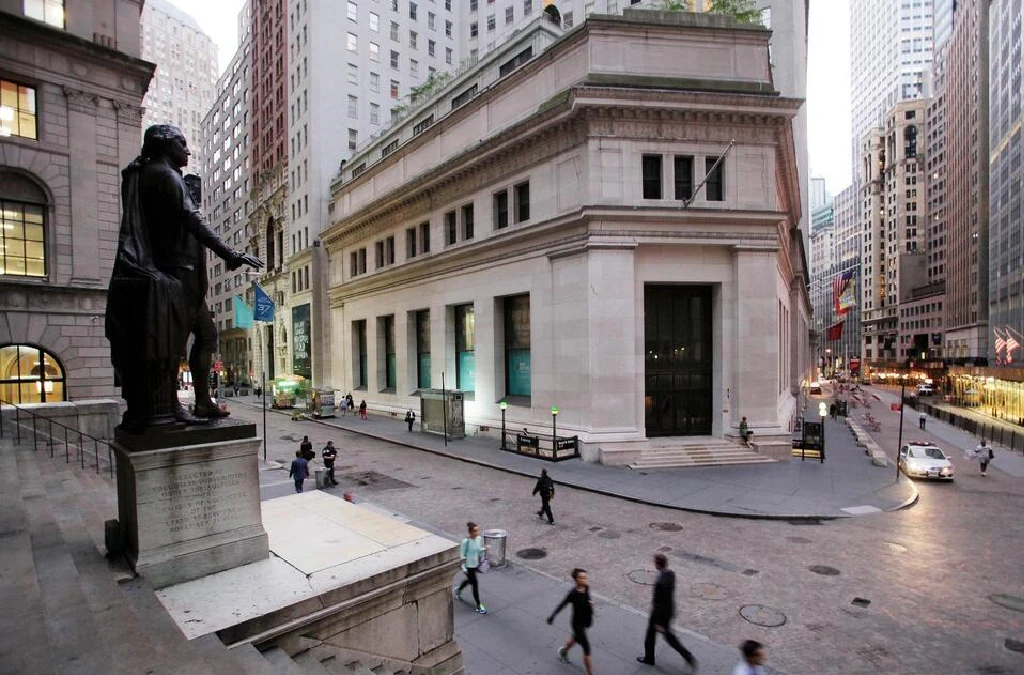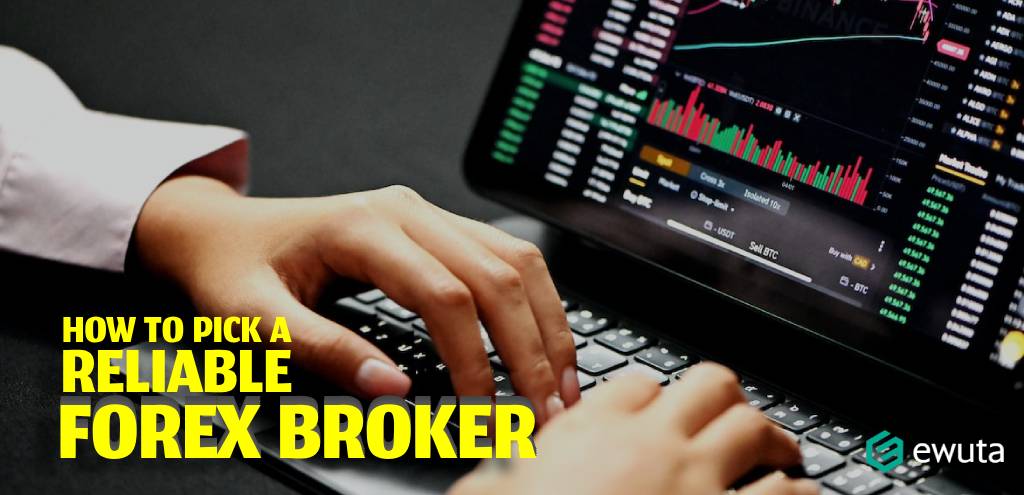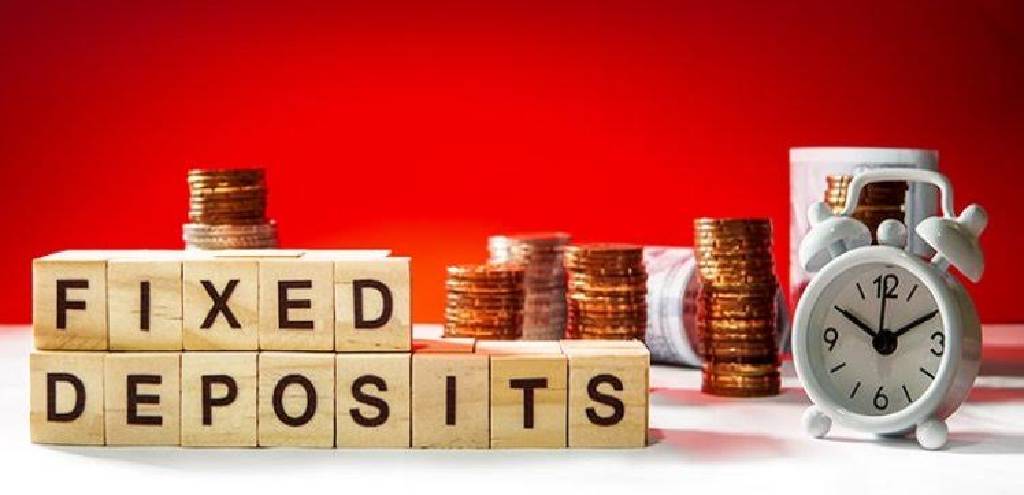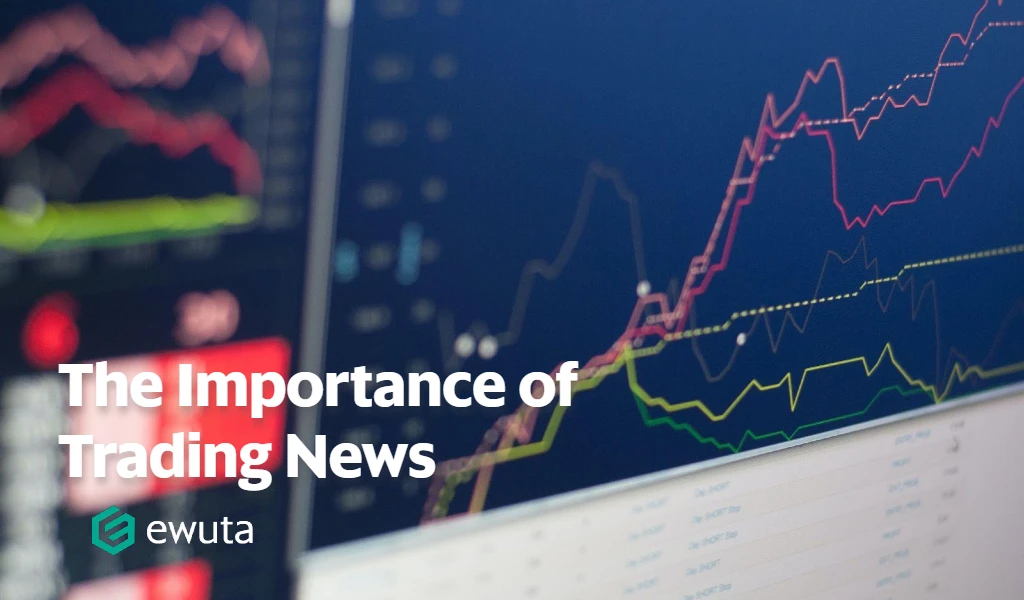Politics is one of the most significant determinants of financial markets’ performance. The political economy of a country has a considerable influence on how the financial markets work. Looking at the global economy, western capitalist countries tend to have more financial markets, where politicians don’t directly influence how the markets work.

On the other hand, in State-controlled economies, the inefficiencies of politics tend to drag down the financial markets. The only exception is China because it is not a fully State-controlled economy. While the Chinese government heavily influences the economy, it still allows the private sector to thrive.
At this point, it is clear that the political economy of a country has a direct bearing on its financial markets. The big question is, why does the politics of a country, mainly political instability, affect the financial markets? Let’s dive deeper to find out.
What Are The Causes Of Political Instability?
The connection between political instability and economic growth cannot be ignored. For this reason, it is imperative to understand the various causes of political instability in a country.
Value conflicts are caused when people have different, incompatible beliefs. A dispute is bound to arise whenever someone or a group of people attempts to impose their values on others, without necessarily listening to the latter’s needs. Even though values can be non-negotiable, it is imperative that there is an understanding and that people can discuss their values while living alongside one another.
Besides this, information conflicts are another cause of political instability, which can occur when there is insufficient or varying information. When people disagree over the relevance of available information, disputes can arise. Furthermore, when there is strong negative and poor communication between people or groups of people, their actions will be motivated by malice. When this escalates, this can result in political unrest.
In addition, when the government of a country oppresses its citizens, the country might become unstable. After all, no one wants to be ruled by a corrupt government. When limited resources are provided to people to survive, conflict behavior might be encouraged. Take, for instance, when police brutality focuses on a specific race, a high level of oppression can force the members of this race to fight back. The power imbalance can also facilitate unrest and political instability in a country.
When the needs of the citizens are also incompatible, conflict might arise and this may result in political instability. Oftentimes, people believe that it is a must to sacrifice the needs of others in order to satisfy those of others.
Predictability
When investing in a country, one of the key things that investors consider is policy stability. In open democratic societies, policies tend to be driven by the private sector players and expert opinions on the economy. As such, it is easy for investors to factor in the market risks when making long-term financial decisions.
On the other hand, businesses can find it hard to make long-term decisions in closed societies where the people in government hold all the power. This has the effect of keeping away long-term investors. The same reflects in the financial markets and the economy as a whole.
Predictability is so vital that even in open democratic societies like the U.S., a change of government affects the financial markets. That’s because governments control fiscal policies such as taxes and government investments. As such, the financial markets can do well under one administration due to low taxes, and underperform in the next if they choose to change the tax code.
Furthermore, when there is peace in a country and there is no need to worry about conflicts and radical changes in regimes, it becomes easier for the citizens to concentrate on saving, working, and investing.
Security
No investor wants to put their money in a country where war and chaos can make their investments worthless instantly. That’s why countries with a history of stability and powerful militaries that can protect State integrity, also tend to have strong financial markets. It’s one of the reasons why the U.S and most western countries tend to have strong economies and strong financial markets. Furthermore, it is no stretch to affirm that cyber security can be questionable in a country that is challenged by political instability.
When data and security are compromised, customers often tend to lose money. Recovering from this can be stressful and time-consuming. Having your private data in the wrong hands can be very harmful. For this reason, when the security – political security, human security, and cybersecurity – of a nation is adversely impacted by the political instability, investors will be discouraged to invest their money and efforts.
Exchange rate stability
One of the key considerations that investors have before investing in a foreign country is the exchange rate. Quite understandable because in the last twenty years alone, several countries have seen their currencies collapse, leading to capital losses and making it hard for investors to pull out their capital.
While currency is just a means of transaction, it is greatly affected by the country’s political economy. In open democratic countries, the currency exchange rate is let to float and is determined by market factors. Investors can predict how a currency will trade and make long-term business decisions.
On the other hand, in closed economies where governments have a hand in everything, including the currency, it can be hard to tell the true value of a currency. The effect is that the currency can crash at any time, driven by external market pressures. In the process, it can negatively impact the financial markets.
Recap
There is a direct relationship between the politics of a country and the financial markets. The more stable a country’s politics are, the more successful the financial markets are. This has much to do with investor expectations that their capital is secure. More often than not, political stability goes hand in hand with democracy. Since governments have a smaller role in the economies of democratic countries, investors tend to have more confidence in the financial markets of such countries



